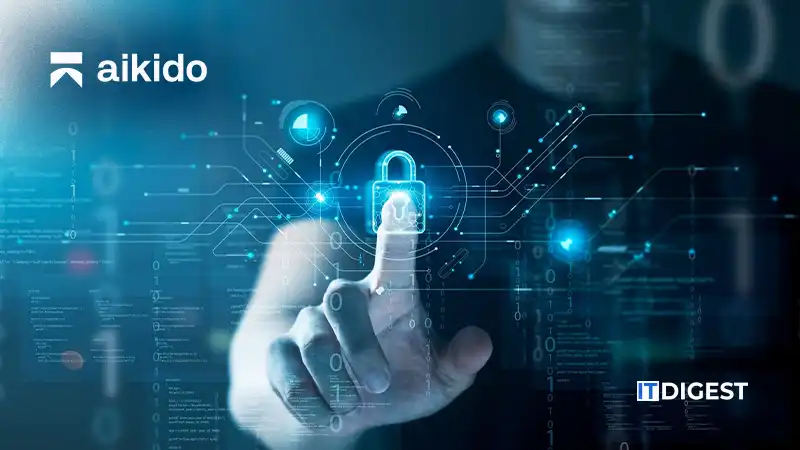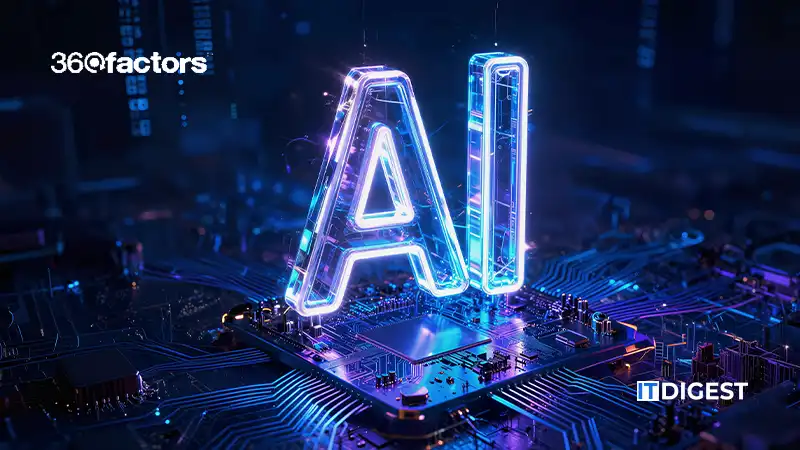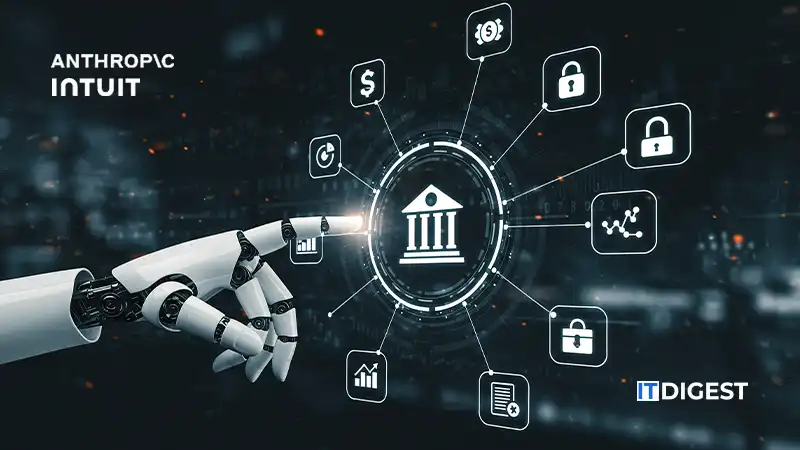IonQ, an industry leader in quantum computing, announced the next stages of its partnership with Hyundai Motor Company to develop the vehicles of the future. Hyundai Motor Company and IonQ will work to develop on IonQ’s quantum computers machine vision algorithms capable of conducting object detection on three dimensional data from autonomous vehicles. Additionally, the two companies will utilize IonQ’s industry-leading quantum computers to simulate electrochemical reactions of varying metal catalysts. The new projects build upon previous work between the two companies and further the role quantum computers have in developing the smart, environmentally friendly vehicles of the future.
“Autonomous vehicles are still in their infancy, yet the quantum-derived algorithms we’re testing today have the potential to shape the commerciality, efficiency and safety of such systems.
In the race to develop reliable, autonomous vehicles of the future, Hyundai is at the forefront. Ongoing research between IonQ and Hyundai has the two companies applying quantum machine learning to image processing, where images – such as road signs – are encoded into a quantum state for classification and object detection. The initial success of these early projects has led Hyundai to pursue additional joint research with IonQ on a number of new techniques. Of particular interest in this new endeavor is the analysis of spatial and environmental data from lidar and other sensors, which could improve vehicles’ understanding of the nature and location of objects, people, and environment around them. Quantum machine learning techniques being investigated at IonQ have shown the potential to learn faster, be more effective in recognizing edge cases, generalize better, learn from lower resolution or noisy data, and capture complex correlations with a far lower number of parameters. These deep technical advantages can ultimately lead to quicker, safer and more accurate decisions without user input.
Also Read: StackPath Partners with Edgevana to Accelerate Web3 Growth
Additionally, Hyundai’s earlier efforts to study lithium compounds and the chemical reactions involved in battery chemistry has led the group to expand its current scope and explore new metal catalyst chemical reactions for future vehicles. The collective insights and knowledge gained from the quantum simulations will enable Hyundai engineers to potentially develop higher-performance EVs at reduced costs.
“IonQ’s continued work with Hyundai strengthens both our beliefs that quantum will drive the next phase of innovations throughout the automotive industry,” said Jungsang Kim, co-founder and CTO, IonQ. “Autonomous vehicles are still in their infancy, yet the quantum-derived algorithms we’re testing today have the potential to shape the commerciality, efficiency and safety of such systems.”
Today’s projects closely follow IonQ’s recent announcement that it secured a $13.4 million contract to supply the U.S. Air Force Research Lab (AFRL) with access to its trapped ion systems for quantum computing hardware research and for the development of quantum algorithms and applications. Other commercial partnerships to have materialized in recent months include Airbus, GE Research, and Goldman Sachs, among others. Additionally, IonQ’s Aria system is the most powerful commercially available quantum system in the market with an industry-leading 25 algorithmic qubits.
































